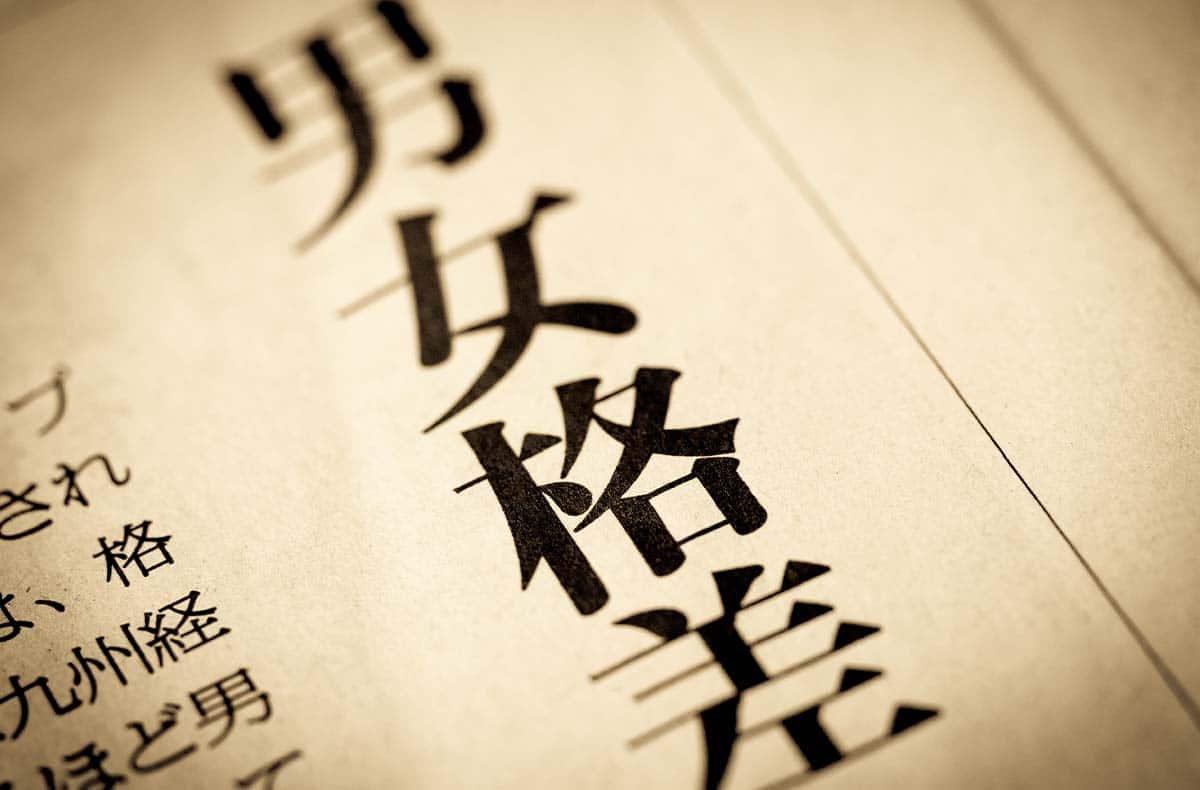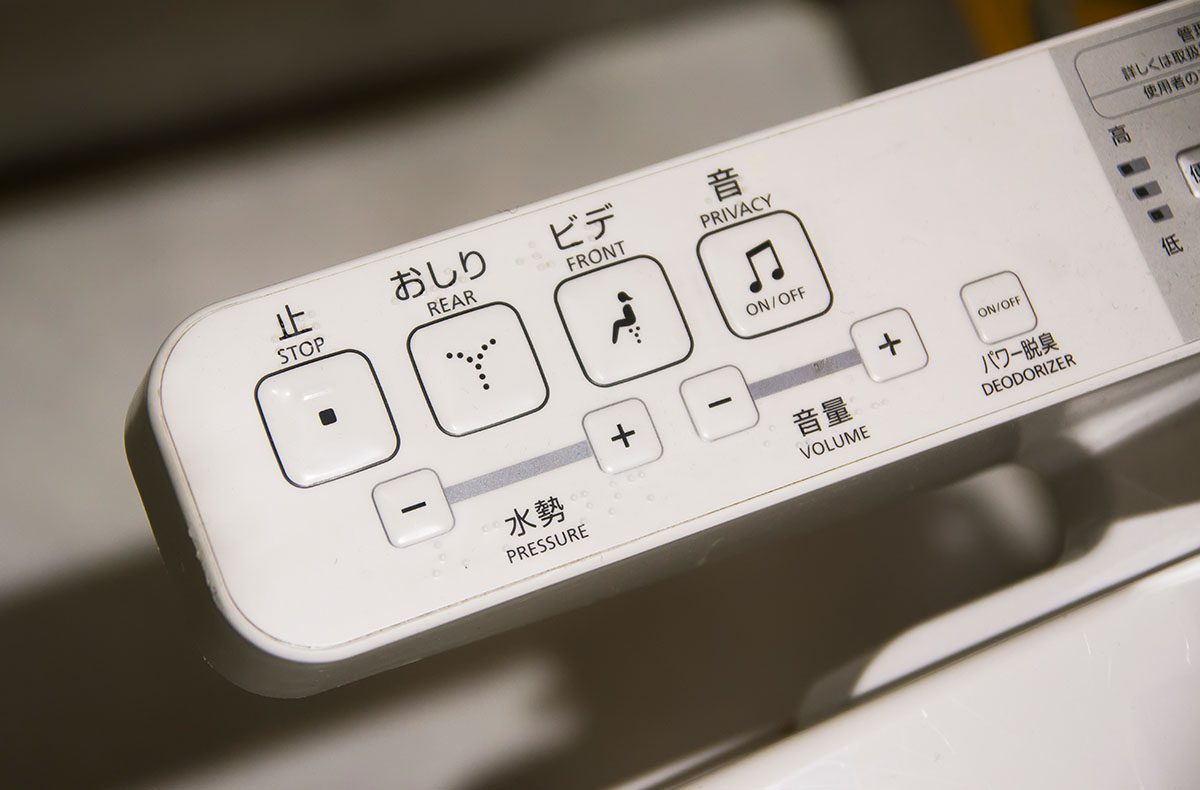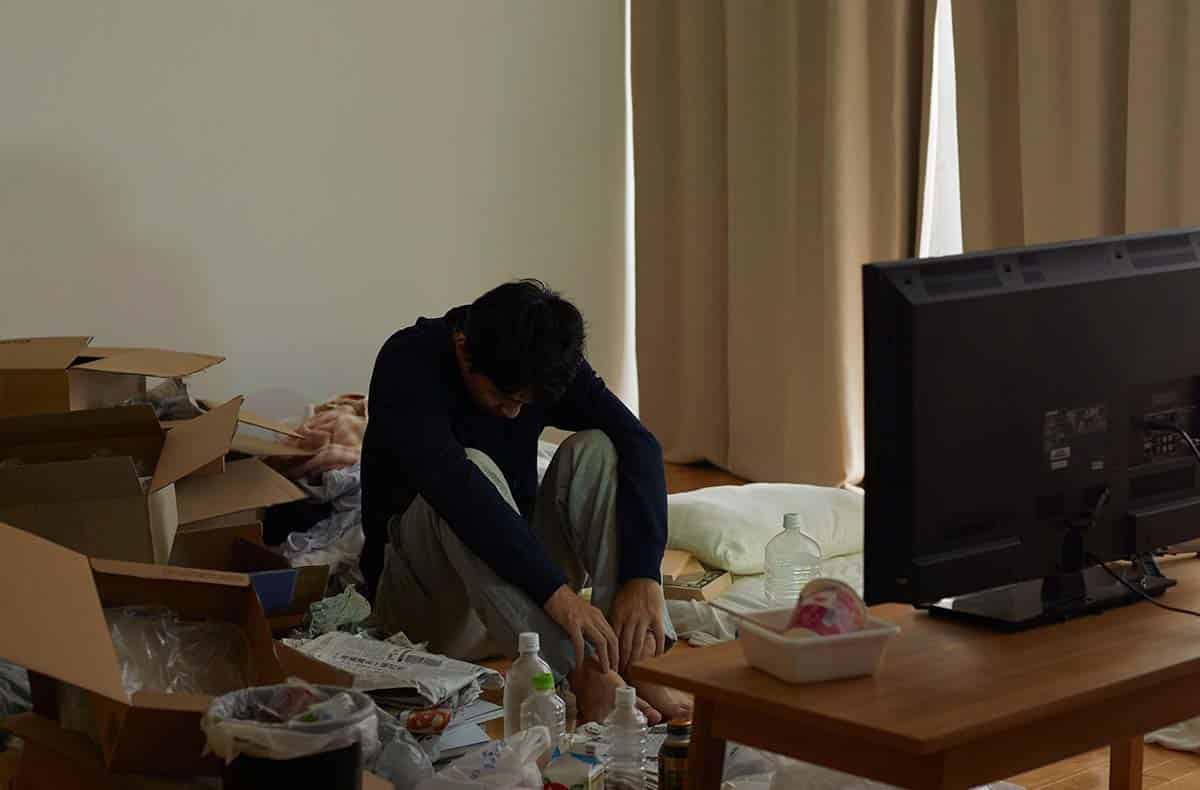
Here’s a quick general knowledge question: Which G7 country ranked 120 out of 153 countries in the World Economic Forum’s 2021 gender gap rankings, placing it last among major advanced economies?
The answer: Japan.
While it is probably easy to guess that Japan is the lowest-ranking of the G7 countries for gender equality, it is somewhat surprising that its overall ranking is quite so low. To me, even as a woman and a long-term resident of Japan, the inequalities that leave Japan sandwiched between Angola and Sierra Leone at the bottom half of the table are not immediately obvious. After all, the owner of the company I work for is female and my colleagues are roughly an equal split between men and women. On top of that, I’ve been able to benefit from Japan’s generous maternity and childcare leave (six months at 67% followed by six months at 50% of salary) and affordable, high-quality public childcare—the kind of benefits that, in theory, allow women to combine a family and a career. So, what exactly is causing Japan to lag so far behind other developed countries when it comes to gender equality?
To answer this question, we need to look at how the rankings are compiled. The World Economic Forum looks at four key indicators when calculating gender inequality—economic participation, educational attainment, health, and political empowerment. Not surprisingly, Japan scores reasonably well for educational attainment and health, but it is economic participation and political empowerment that let it down. In fact, Japan’s rank for political empowerment is 147 out of 153 countries, mainly because of the very low number of women in government. At the time the report was made, fewer than 10% of parliamentarians were women, and in 2017, women made up just 18% of all candidates in the House of Representatives election. Japan has also never had a female prime minister. Figures for economic participation are not much better. Despite 72% of women being employed in the workforce, just 14.7% of senior roles are filled by women. The recent COVID-19 pandemic has also had a disproportionately negative effect on women’s participation in the workplace. According to a report by the Japan Institute for Labor, Training and Policy, the risk of unemployment from being placed on furlough was over four times higher for women with children than for men.
When I started to think about this issue, I asked my husband why he thought there were so few women in leadership positions in Japan—not because he is an expert in feminism, but because he was the closest Japanese person to hand at the time. His immediate answer was, “jijii ga dokanai kara”, which roughly translates to “because the old guys won’t make way.” I found his use of the world “jijii” significant (and amusing!) because it is a childish and derogatory term for an old man. Look it up in a Japanese-English dictionary and you will get something like “old fart” or “old codger.” If you want to know exactly what kind of person he meant by “jijii”, look no further than Yoshiro Mori, 83-year old former prime minister and head of the Tokyo Olympics organizing committee, who was quoted as saying, “If we increase the number of female board members, we have to make sure their speaking time is restricted somewhat. They have difficulty finishing, which is annoying.” Mori was forced to resign after his sexist remarks caused a public outcry.
Business and politics in Japan is full of such “jijiis.” Another former prime minister, Taro Aso, is renowned for making inappropriate remarks and regularly tops lists of most offensive statements made by politicians. NOASEPS (No to all sexist public speeches), a civil group whose members include Professor Mari Miura of Sophia University in Tokyo, runs an annual poll to bring attention to casual sexism in politics. In his “winning” remarks in 2019, Aso blamed Japan’s falling birth rate on women who don’t have children, implying that they are selfish for not reproducing. The previous year, as Finance Minister, he remarked that it would be better if all journalists sent to the Finance Ministry were men.
Worse than the sexist remarks uttered by the likes of Mori and Aso is the 2018 medical school admissions scandal. It was found that a number of medical schools in Japan had manipulated exam scores to ensure that the pass mark was lower for male than female applicants. Tokyo Medical University, a school that had prioritized male applicants for over a decade, admitted that it rigged the scores to prevent large numbers of women from joining the profession because “they tend to quit when they start families and create staff shortages in hospitals.”
While high-ranking men like Mori and Aso have not actually barred women from positions, they preside over and aim to preserve a society in which traditional gender roles are strongly ingrained. They are also the men who own and manage the companies whose business culture makes it near impossible for women to combine a career with family life. Pre-pandemic, it was not unusual for company employees to clock-up 80 hours of overtime a month—much of it unpaid—and leave 10 days of their annual leave untouched. How is a parent supposed to develop a meaningful relationship with their child if they are expected to be in the office until 9 or 10 at night? In truth, the only reason I have been able to continue working full-time after having children is because my husband is self-employed, allowing him the flexibility to do all the pick-ups and drop-offs that would normally be done by a Japanese housewife. This is not a luxury available to a woman married to a “salaryman.”
Even women who manage to continue working after having children experience discrimination that impacts their working conditions. Between 2014 and 2017, Hiromi Sugiura, a professor of sociology at Saitama Gakuen University, compiled a list of almost 240 cases of discrimination for the NPO Maternity Harassment Taisaku Network. According to Sugiura, 54% of cases included “unfair treatment,” including demotion or dismissal, 37% involved “psychological harassment” and 5% involved “physical harassment,” in which the stress manifested itself as physical symptoms.
Unfortunately, there is no silver bullet for solving Japan’s equality problem because the reasons are complicated and intertwined. Yes, Japan does have a “jijii” problem, but so do most other societies. Powerful old men here are enabled by a traditional, conservative culture, a rigid, hierarchical society, and Japan’s somewhat unique emphasis on “wa,” or “group harmony,” where disagreement is suppressed and there is huge social pressure for people—especially women—to keep their heads down and not disrupt the status quo. However, it is not all bad news. Social media is allowing women to find their voices and make positive changes. It was largely a social media campaign that ousted Mori from his position as Olympic Committee chief. The COVID-19 pandemic has also forced many companies to change their working practices in favour of a more flexible approach that might be more beneficial to women. Government policies are a start, but it is only really a cultural shift that will help move Japan up the gender equality rankings.


